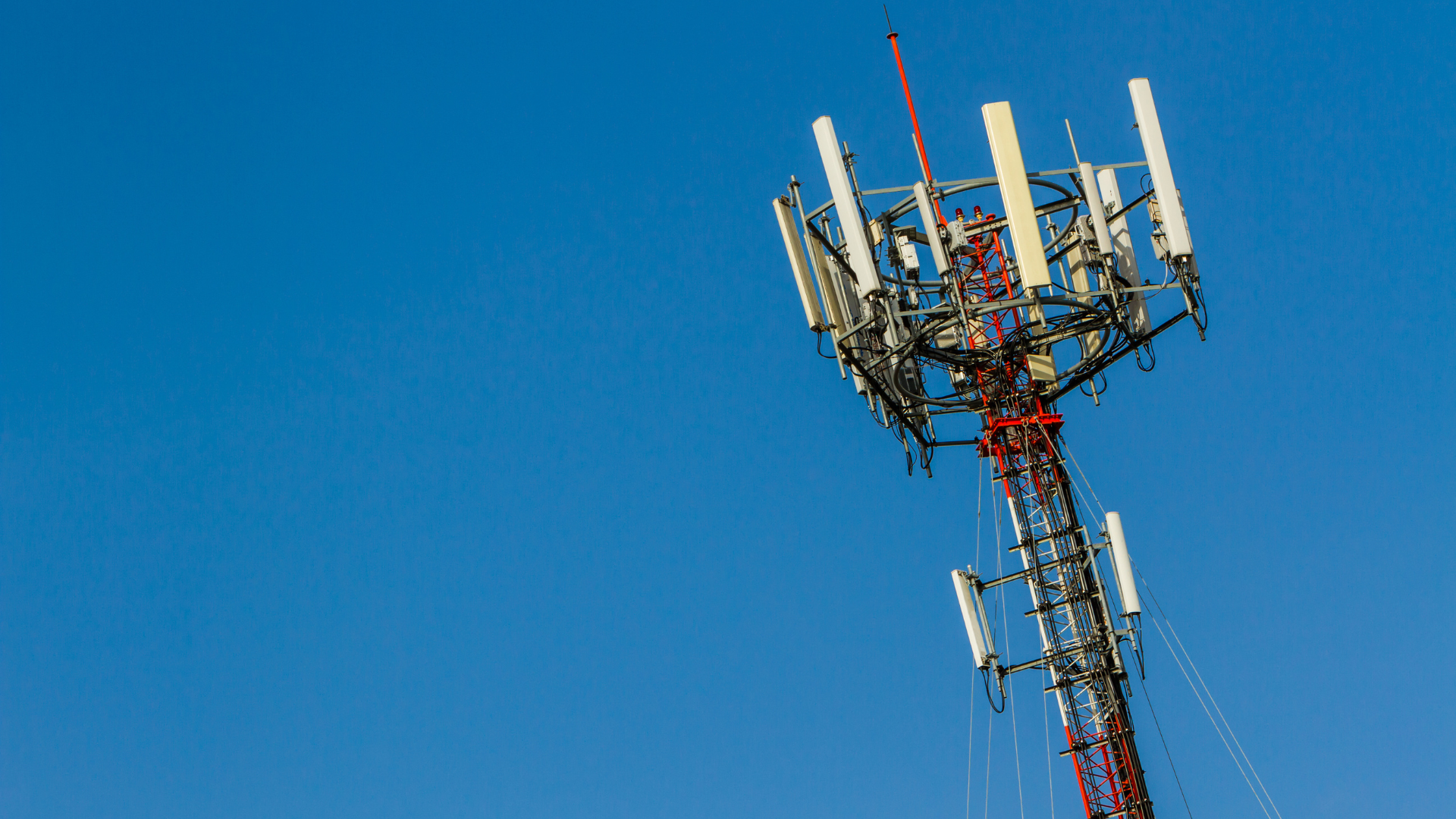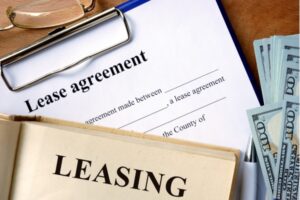Cell Tower Compound Consent
What We Provide
Protecting Your Financial Interests with Consent Provisions
Maintaining consent clauses in your lease is essential for financial security, as it protects your interests, enables rent increase opportunities, and prevents tower companies from making changes without your approval.

Looking for the Best Cell Tower Consulting?
JP Tower Consulting
Importance of Maintaining Consent Clauses
As tower companies optimize their lease language, having consent in your agreement is crucial. They often remove consent clauses in amendments if the original lease required it. While consent can delay work, it prevents property owners from requesting rent increases each time. Maintaining consent is invaluable as it provides the ultimate financial security for property owners. Ensuring that consent clauses remain in place helps protect your interests and secures a stable income from your property.
Understanding Compound Consent Letters
If you receive a consent letter from a tower company, ensure you fully understand what they want you to approve. These requests are often for equipment replacement, adding dishes at different heights, or a new tenant collocation. Understanding the specifics of these requests is essential for making informed decisions. Recognizing that you should benefit from additions to the tower, as carriers pay extra for mounting dishes, especially on shorter towers where mount heights are priced at a premium, is key. If you’re unsure about the request, contact JP Tower Consulting for guidance.
Trusted Cell Tower Consulting
Maximizing Benefits from Tower Additions
Additions to the tower, such as equipment replacements or new tenant collocations, present opportunities for property owners to maximize their benefits. Carriers typically pay extra for mounting dishes, particularly on shorter towers where mount heights are at a premium. Ensuring that you understand and negotiate the terms of these additions can significantly enhance your revenue. For any uncertainties or to optimize your agreements, JP Tower Consulting offers expert guidance to help you navigate these requests effectively.

Need Information
FAQs About our Compound Consent Consulting Service
Consent is required for any tower-related work. While it can also be limited to new tenants, it's primarily for all equipment alterations. Tower companies find it cumbersome, as they need approval from the property owner for tenant work, potentially slowing projects from closing at a quicker cycle time. For property owners, consent is significant because it provides an opportunity to increase rent if needed.
This is the tower company trying to kill two birds with one stone. In many cases, they may look to get another benefit from working this consent amendment. Can you blame them? It’s one less future negotiation they’ll have to worry about if they can extend the lease in this agreement.
It depends on what you're giving consent for. If it's for equipment replacement, asking for a rent increase may not be necessary. However, if the tenant wants to install dishes or a new tenant wants to collocate, asking for extra monthly income is reasonable. For dishes, it could be $200-$400 per dish per month, while for a new tenant, it should be $500-$1,000 per month, like a compound expansion.
In my view, it's a matter of personal preference. The letter should not be overly wordy. Typically, it includes the scope of work and the tenant seeking equipment modifications. If it's for a new tenant, aim to secure more monthly revenue immediately. Since the tower company will sign a new lease with that tenant, the property owner should benefit from the increased revenue. If any amendment is drafted for an increase in rent, it may be beneficial to hire a telecom attorney.
Your consent provision is permanent and cannot be terminated. However, the tower company might add language stating they no longer need your consent. If you unknowingly sign an amendment removing your consent, you lose a crucial contract term.
increase tower value. This also enables your heirs to negotiate effectively. Standard rent escalation with predictable terms is favored by tower companies for its security and stability.
News & Articles
Exploring the Latest Trends in Tower Consulting
Your go-to resource for all things related to the world of cellular infrastructure.



